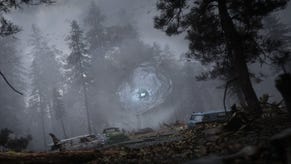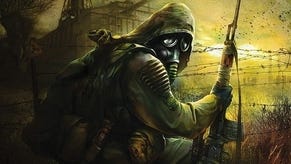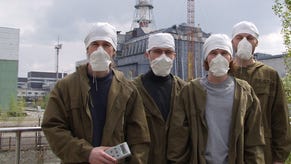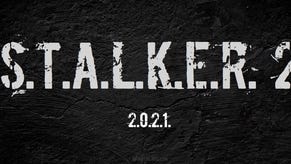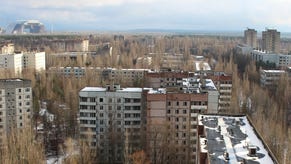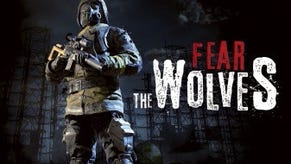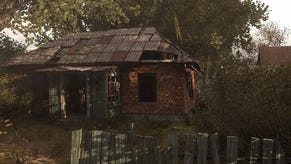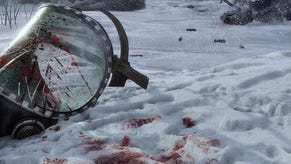S.T.A.L.K.E.R.: Clear Sky
Chatting to the world's most radioactive developer.
With S.T.A.L.K.E.R.: Shadow of Chernobyl, developer GSC GameWorld proved that you can make an innovative, specs-testing FPS with a small team - but it will probably take you the best part of a decade to get it finished. Now hard at work on a prequel, S.T.A.L.K.E.R.: Clear Sky, which is due out in August, it's hoping not only to trim the production cycle, but also deliver a game that truly lives up to their initial concept. Following our preview session, we caught up with Oleg Yavorsky, the developer's PR director, to discuss unusual inspirations, the danger of revolutionary technology, and the trouble with making games for "non-intellectuals".
Six years is a long period of time. Children are born and start going to school within that period. Our big problem was we were developing our technology and the game simultaneously, which for us was a lot of headaches. When we wanted to try out a gameplay element, it wouldn't work because there would be some problem with the engine, which was still not finished. Then there was just this ambitious concept: S.T.A.L.K.E.R. was to be the ultimate game, with a mix of pretty much everything - shooter, RPG, survival horror, driving. We were inexperienced and took on too much.
Luckily, those experimental years were not in vain because we gained a lot of experience. With Clear Sky now it's a year and a half for the whole production cycle. It's still stressful, because it's a short period of time given the number of changes we want to bring in, but the important thing is we now have stable technology, and we know what things work and what things don't work for our game. Our primary focus now is to really develop the ALife system - that living, breathing environment - because this is where S.T.A.L.K.E.R. is unique.
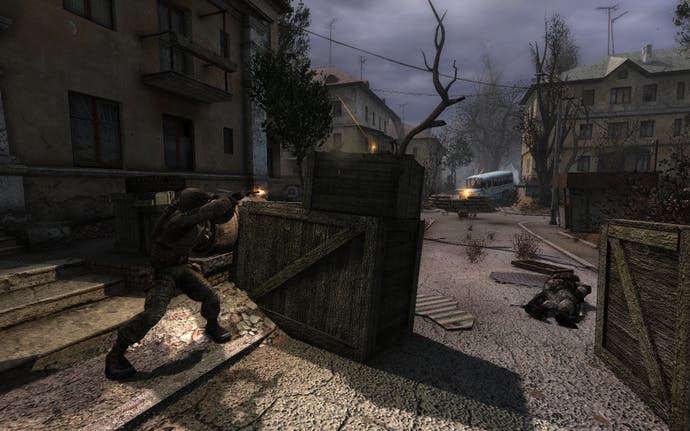
The initial implementation was way too complex and we had to disable a lot of it. At first, the concept was that any single NPC could go and complete the game, even ahead of the player. They were competing directly with the player, doing all those things like taking missions, fighting monsters, collecting important information, getting themselves better equipped, and communicating with others. We started implementing that and got it to the point where it was pretty much there, but it was all so chaotic that it was very hard to put that into a story-driven game and still have the player know where to go and what to do next. Nobody has fun getting lost in a huge game level. It was really hard to ensure that a player would not be frustrated that some stupid NPC had already been to a level ahead of him and ruined the whole scene. We had to pretty much start all over again and integrate the story into the ALife world. We created a whole set of mechanisms that ensured that story was preserved and tried to make sure ALife still had some limited presence in the game.
This time, I definitely think the player will see more of the randomised unpredictable world going on around them, simply because we're making our NPCs smarter. We've developed the communication aspect with the player's ability to go and ally with factions, receive rewards, and become part of their missions, so overall the game is closer to our original vision. But as long as it's necessary to ensure players follow certain story elements, we'll preserve those.
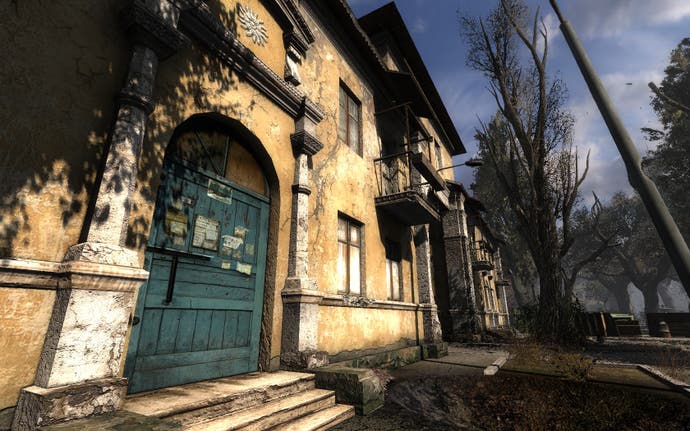
Yes. The first, bigger part of the game is going to be pretty much open-ended, so the player will have extensive freedom to ally with factions. The concluding part will be more linear and straightforward and the player will be more guided.
We think with our next releases we'll make them multiplatform, but for this release, it's going to be PC only. We've just started to figure things out with the consoles. The technology's pretty much new to us. We'd love to port Clear Sky onto consoles, but currently there are a lot of technical questions. We'll see if our technology runs on consoles and go from there.


